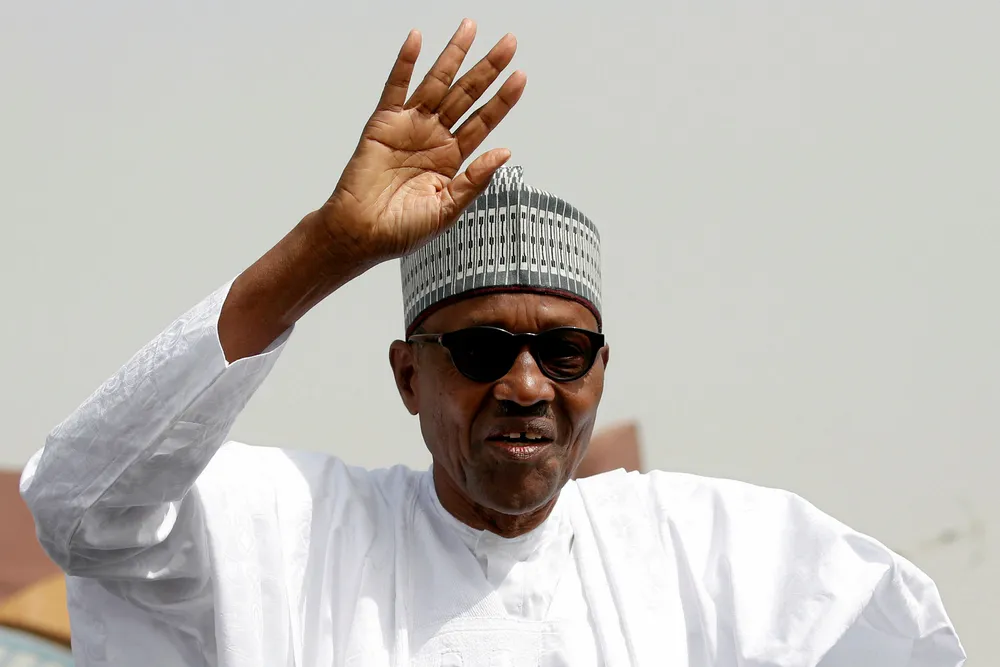OPINION: Nigeria must deliver on reforms to avoid being held hostage to its own reputation
Nigeria bets on upstream recovery and sticks to its slogan for 2020 as the Year of Gas

Nigeria bets on upstream recovery and sticks to its slogan for 2020 as the Year of Gas
